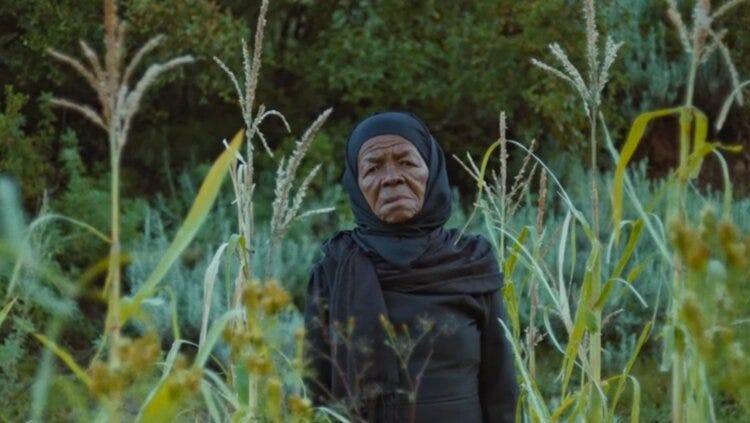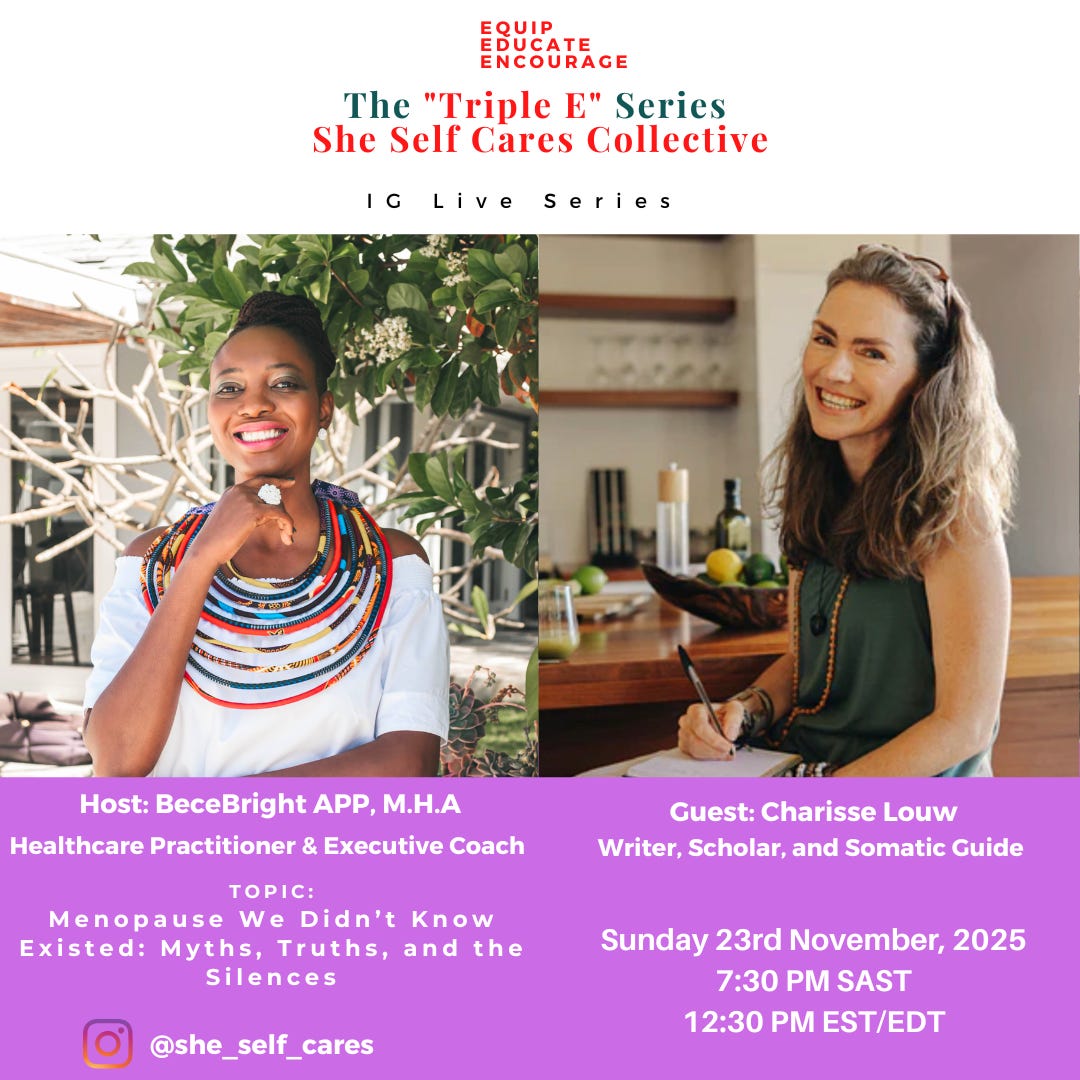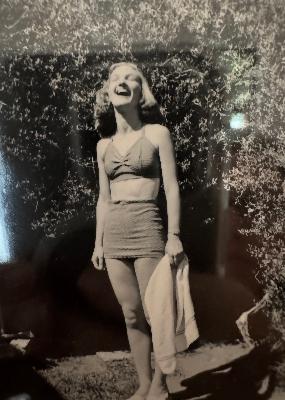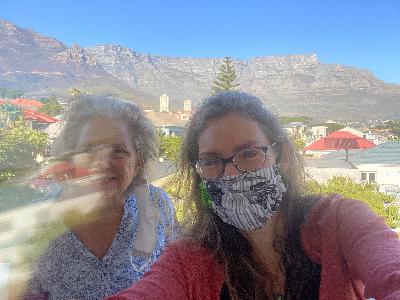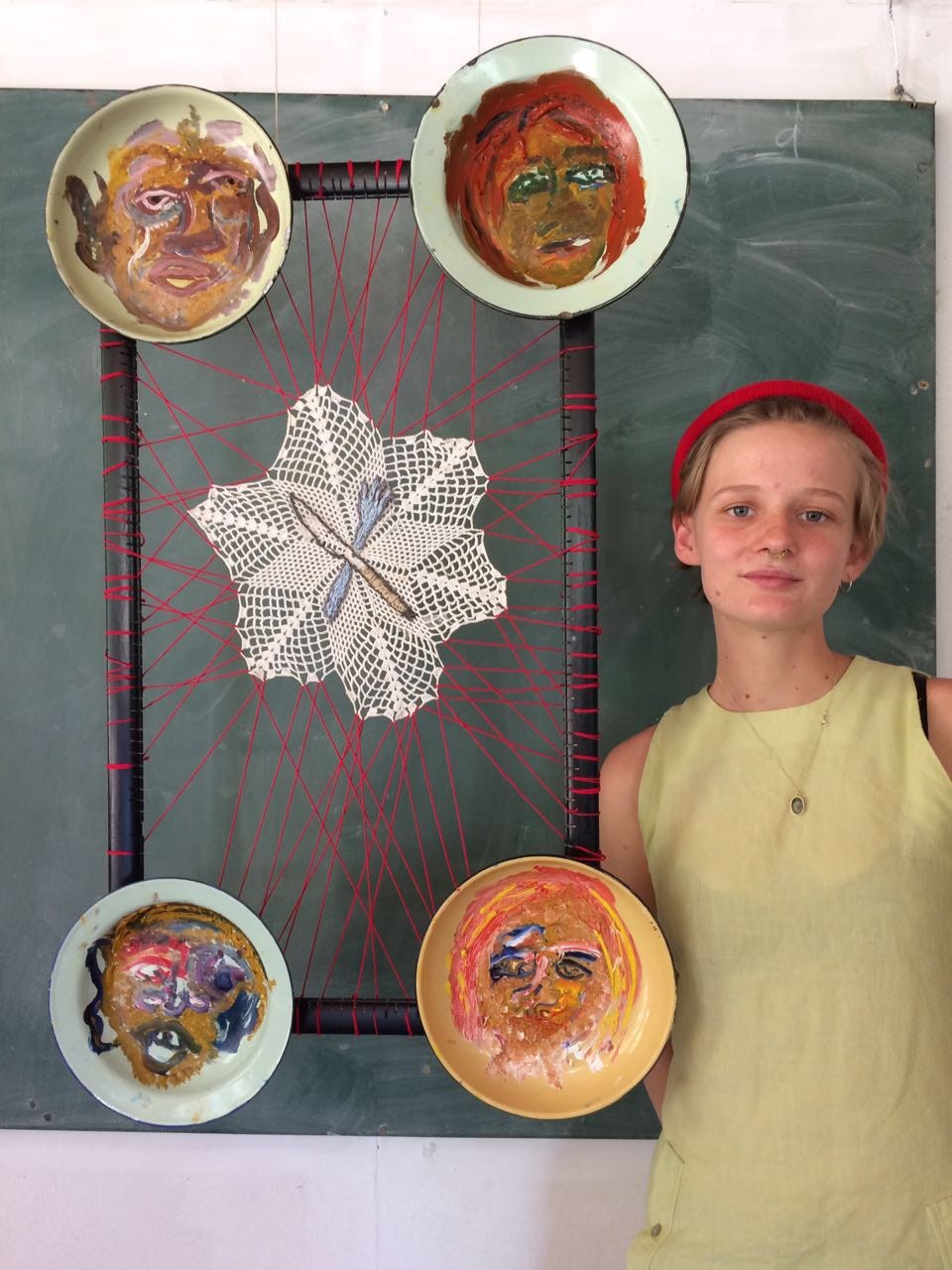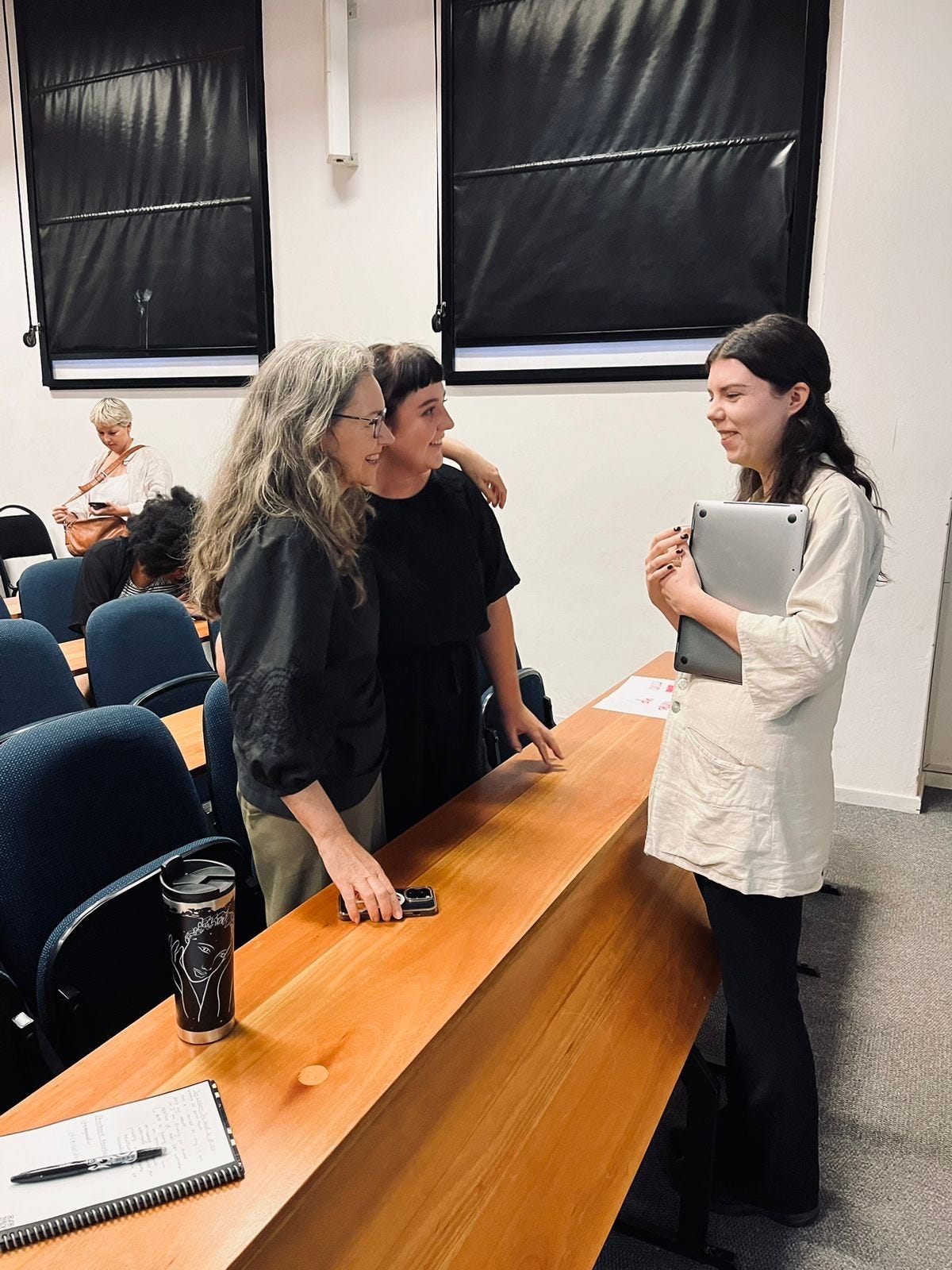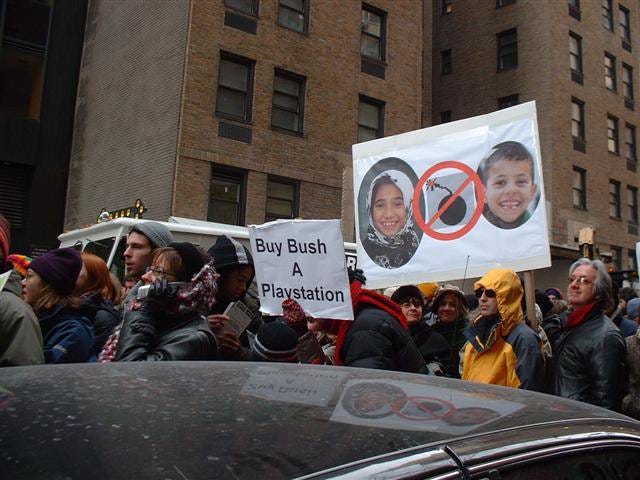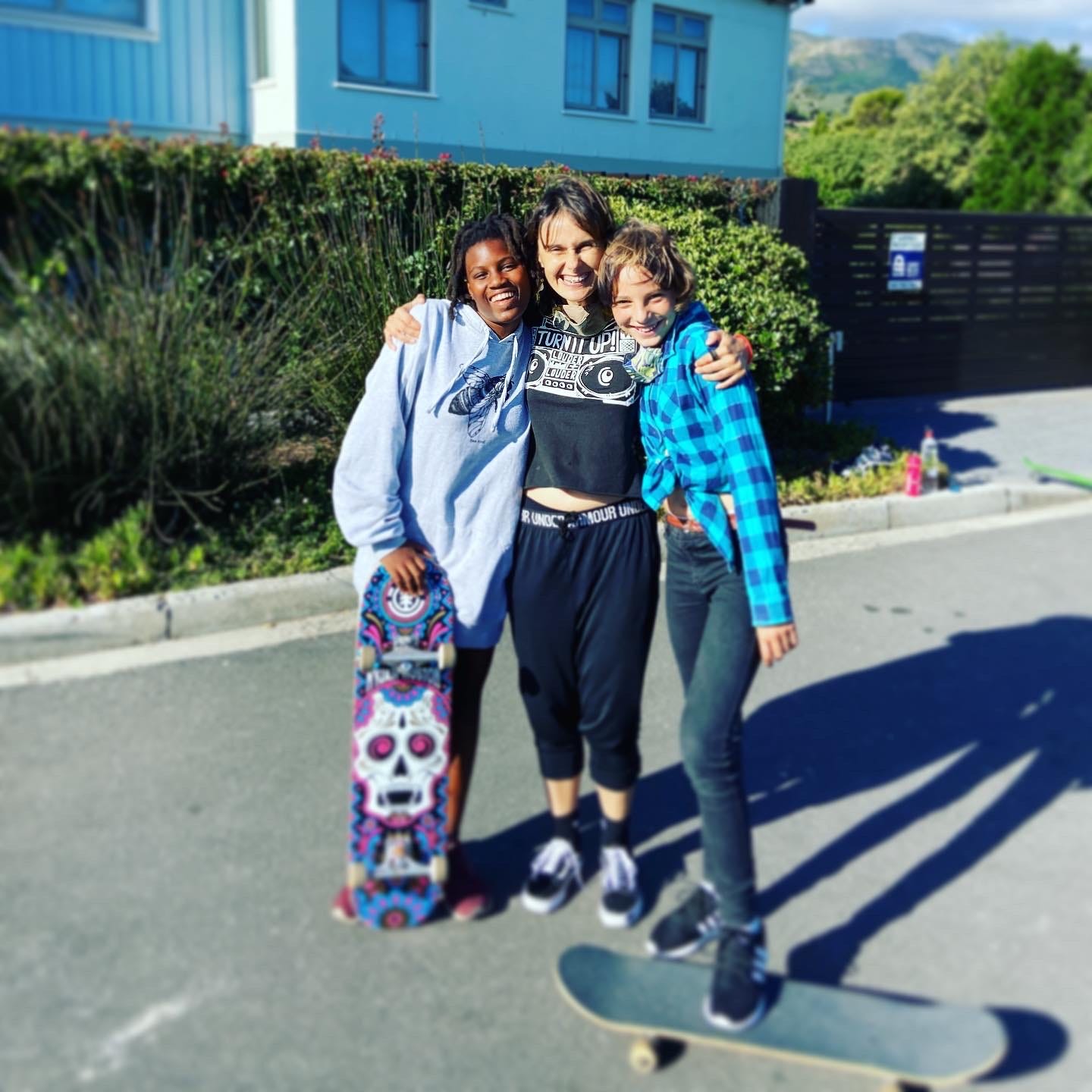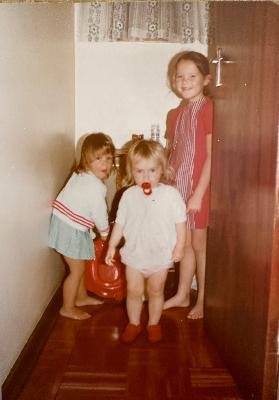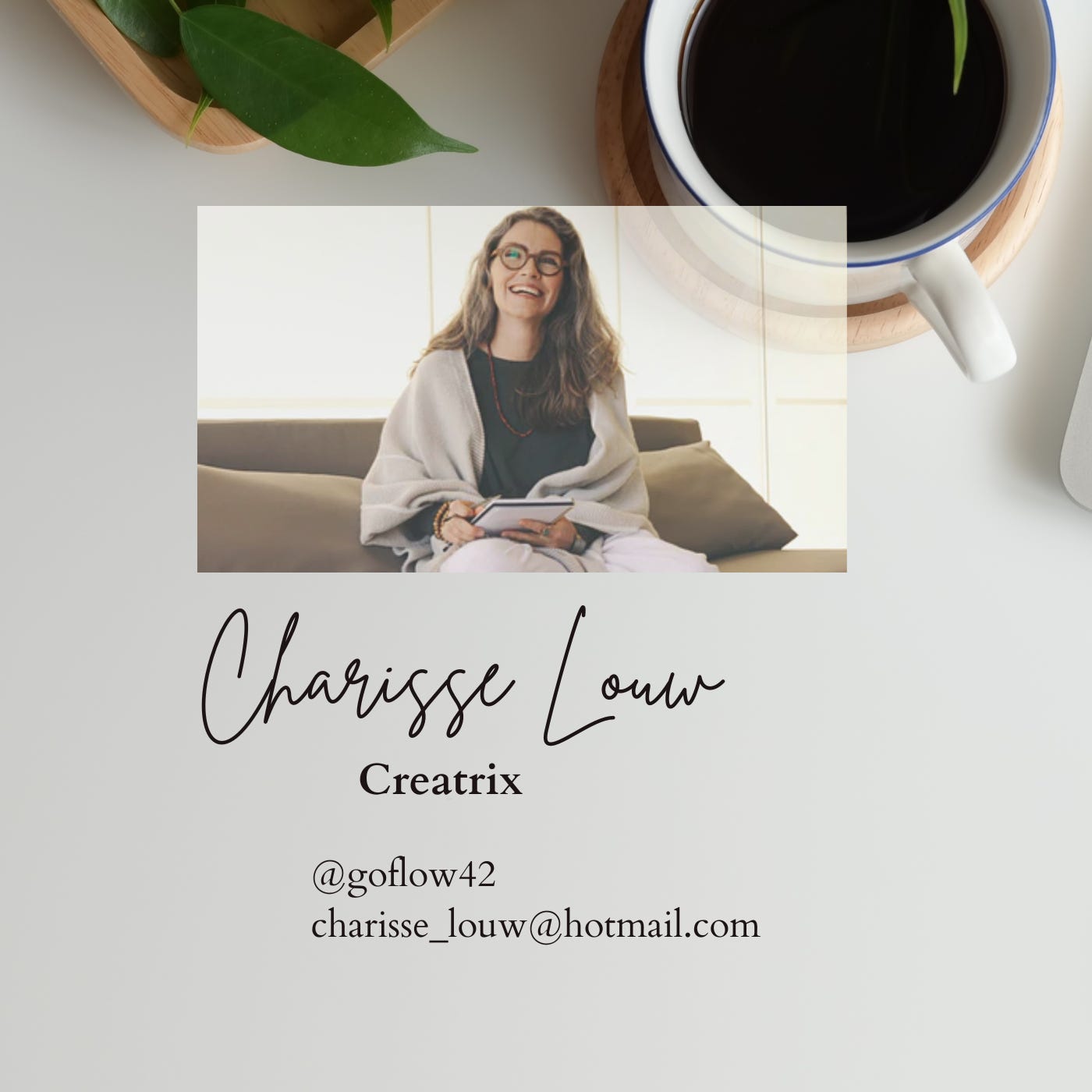This is not a Burial
Description
This Is Not a Burial, It’s a Resurrection begins with a grave and ends with refusal.
I was invited to give this lecture by the lovely Prof Nick J Fox of the BSA New Materialisms Study Group, in collaboration with the BSA Death, Dying and Bereavement Study Group, and the Centre for Sociodigital Futures at Bristol University, with very special thanks to my fairy godmother Debbie Watson.
Let’s explore grief not as pathology, but as a methodology. A way of knowing-with the dead, the land, and the more-than-human world.
Thanks for reading Musings! Subscribe for free to receive new posts and support my work.
Through Lemohang Jeremiah Mosese’s haunting 2019 film, I trace how African cosmologies, New Materialisms, and somatic practice converge to form what I call a Zombie Methodology — an embodied, relational, affective response to collapse.
Mantoa, the film’s 80-year-old protagonist, prepares for death only to discover her village will be drowned by a dam. The graves of her ancestors, the umbilical cords buried in the soil, memory of kinship… all face erasure. Her grief becomes a form of governance, a refusal to let the living or the dead be dispossessed.
In Sesotho thought, seriti is the life-force, the invisible vitality that connects humans, minerals, ancestors, and soil in vibrational coexistence. As Mary Twala’s luminous performance reminds us, grief is not inert. It is a somatic relation. A threshold between body and world.
Drawing on thinkers such as Nina Lykke, Sophie Strand, and Bayo Akomolafe, I explore grief as vibrant, composting, generative. It opens the secure and the settled, inviting us to live-with ruin rather than rush toward repair.
As Akomolafe writes, “Grief is generative. She opens up things that were once bound up and secure… and therefore facilitates change.”
This lecture sits within a larger research project on African cinema, new materialisms, and Indigenous epistemologies. Together, they suggest that mourning can be a method, one that resists the “god of progress,” honours the dead as active matter, and reworlds from the ruins.
Please join the upcoming workshop (27 Oct, 4pm SAST, online).
Free but registration required.
If this resonated, share it or leave a reflection below. Your grief and your body is an archive. Together, we might compost something new.
Thanks for reading Musings! This post is public so feel free to share it.
PS If this tickles your fancy come along to a scintillating discussion on Afropositivism and Digital Culture at Woordfees, Thursday 16 October at 9:30 am. Free, so just rock up at the lovely Oude Leeskamer in Stellenbosch.
I’m also very delighted to be part of this Afro-presentist Assembly on Tuesday 28 October at 1pm… rsvp to graduateschool@sun.ac.za —
Free, online and irl … with lunch… who said there’s no such thing as a free lunch?
And let’s not forget a chance to hang out with the tremendously cool contributors of Burning Down the House at the Book Lounge Book Club on Wednesday 29 October at 5:30 pm.
See you there!
This is a public episode. If you would like to discuss this with other subscribers or get access to bonus episodes, visit charisselouw.substack.com

